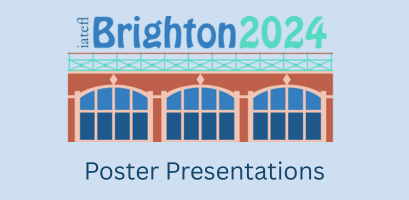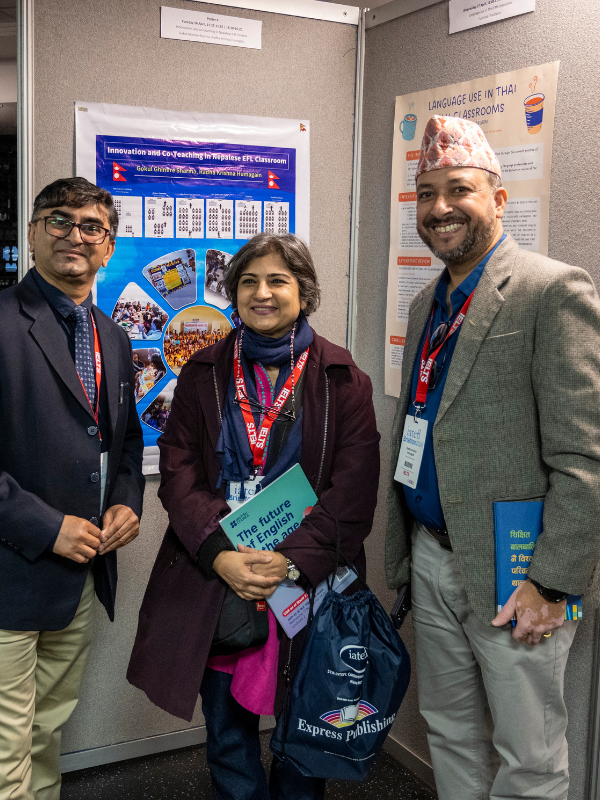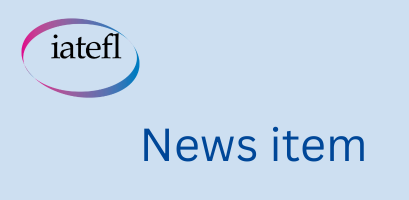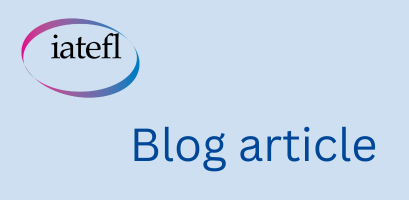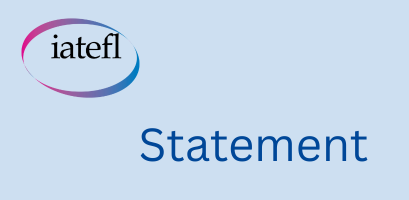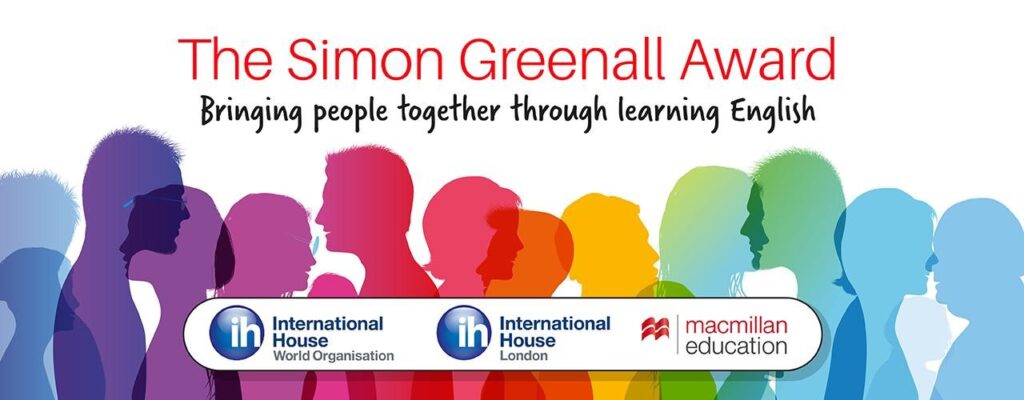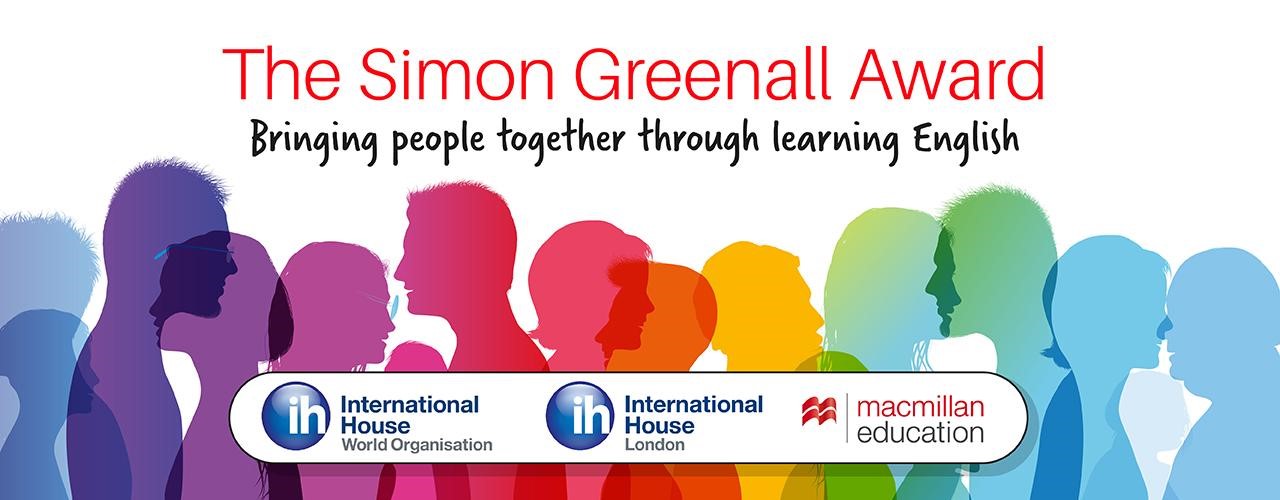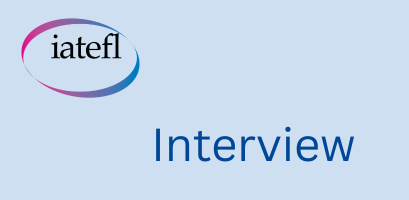
Vicky: First of all, I would like to thank you for agreeing to give this interview and I would also like to welcome you!
Christopher: So many thanks Vicky. I’m really looking forward to the role of Vice President (VP) and subsequently President, and to serving as a trustee and director of the company.
Vicky: Christopher, you are the new Vice President. Would you like to introduce yourself to the IATEFL members who do not know you?
Christopher: I live in rural Scotland, and I’ve worked in ELT for many years now, both in the UK and abroad. By fate, rather than by planning, I’ve worked in a number of different roles for different stakeholders, including teaching, as a director of studies, as a teacher educator, and in publishing and in assessment. I also owned and ran a small group of private language schools in three different countries.
For some years now, I’ve been working as a freelance consultant and author. Most of my current work is with teachers and school inspectors in their home contexts. I engage both in the writing and delivery of bespoke CPD, and undertake monitoring and evaluation work to help providers to gain an understanding of the efficacy of their ELT projects.
My main professional interests include trainer training, ELT and climate change, and teaching and learning in fragile environments particularly in conflict and post-conflict zones.
Vicky: Please share your experience and positions so far regarding IATEFL.
Christopher: I went to my first IATEFL conference in, I think, 1989 at the University of Warwick, my alma mater as it happens. I drove there in my Fiat Panda accompanied by someone who is still a very prominent stakeholder in ELT and who smoked about 60 cigarettes between London and Coventry, filling the small ashtray in my car.
I’ve attended numerous conferences over the years and spoken at several of them. As a freelancer, IATEFL is a remarkable way to network with colleagues and clients. More importantly, it’s great to catch up with friends!
I’ve recently been serving on the IATEFL Conference Committee and having a direct role in the selection of plenary speakers has been absolutely fascinating and an opportunity to help guide the direction, not just of the conference, but hopefully of the broader ELT community.
I also volunteer with EVE (around equity in ELT) and Green Action ELT (around climate change), and am a judge for the British Council ELTons awards.
Vicky: Would you like to share something about working on projects such as ELT Footprint? Why climate action, for example?
Christopher: My work on ELT and climate change has moved in several directions, including working with the British Council on writing, research, and dissemination projects, and writing a book about climate change education. I think I can say, with all modesty, that ELT Footprint has played a significant role in creating an awareness of both the responsibility that ELT has to reduce its carbon footprint, and also of the opportunity we have to engage with climate topics in classrooms. I think we need to ensure learners have at least some of the tools they need to drive the debate forward in both English and in other languages. There’s a long way to go, but I think we are beginning to understand the potential that we have to really make change happen.
Vicky: If I am not mistaken, you also have an interest in sustainability in ELT. Please share your thoughts with our readers.
Christopher: Yes, sustainability, and in some ways that’s part of the climate change piece. But for me, sustainability goes beyond the interaction between climate and ELT. It’s about capacity building, about self-sustaining and organic communities of teachers, it’s about the native speaker (and I hate the term) debate, it’s about CPD being provided locally by local teacher educators, and it’s about multilingualism. A lot of things fit under the sustainability banner.
Vicky: What are your vision and philosophy? What do you aim to achieve in your new position?
Christopher: I’m increasingly understanding the potential of a global community like ours to be a real force for good and for positive social change, especially in areas such as DEI, interculturalism and global issues including climate change. What I hope to achieve is to continue to develop IATEFL’s position as a thought leader in these fields as they interact with language education. And as part of this vision, I want to maintain and enhance IATEFL’s status as an organisation that respects and caters for a diverse range of opinions, contexts, and concerns. This does sometimes risk controversy and disagreement, and I see part of my role as determining how we can get the very best out of all these opinions and positions, ultimately for the benefit of students worldwide.
Vicky: What skills are needed to lead a big organisation like IATEFL? How can you ensure making a positive impact?
Christopher: I think there are a number of skill sets involved, one of them I think is the ability to create empathy with the various stakeholders so as to see things from their point of view and to understand their priorities. I also think some intercultural understanding is important with an organisation like ours, too. Equally, I think being in a leadership role does require you to, well, lead, albeit in a consultative way, but sometimes being prepared to step up and explain why certain things, in the context of IATEFL’s organisational status, need to be as they are.
Above all, and this is something immodestly I would say I’m quite good at, is listening. All member voices are equal, and I intend, and in fact have already started to listen to members. I may not agree with all of them, but that’s not relevant. I need to try to see these ideas are listened to and where appropriate, acted upon.
With that in mind, my email address is: [email protected].

About Christopher

Christopher Graham is a freelance ELT consultant and author based in the UK. He has worked in the field since 1981 in over 30 countries for the British Council, ministries of education and international publishers. He is incoming Vice President of IATEFL, and was one of the founders of ELT Footprint, a 2020 British Council ELTons winner.
